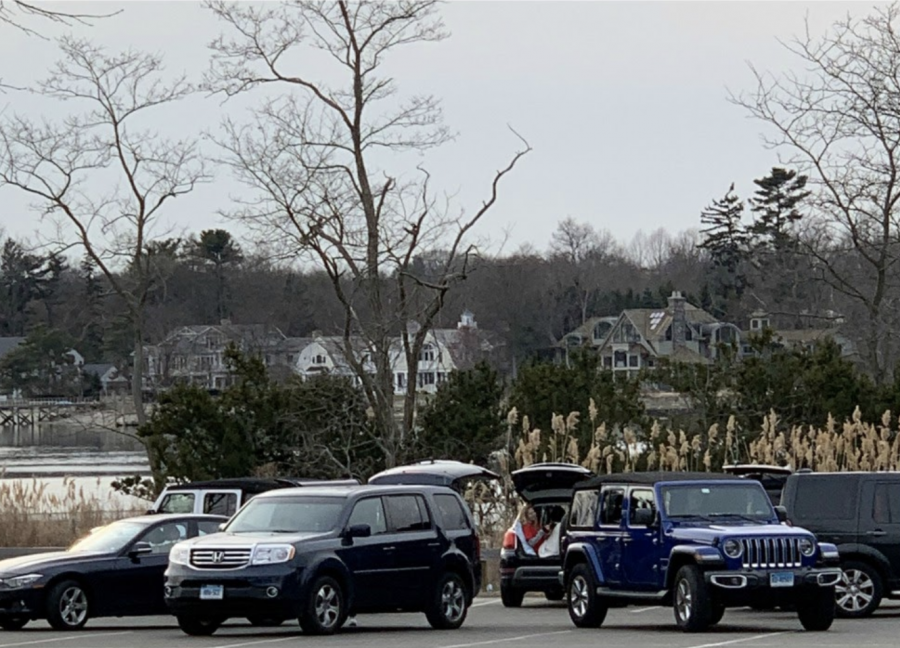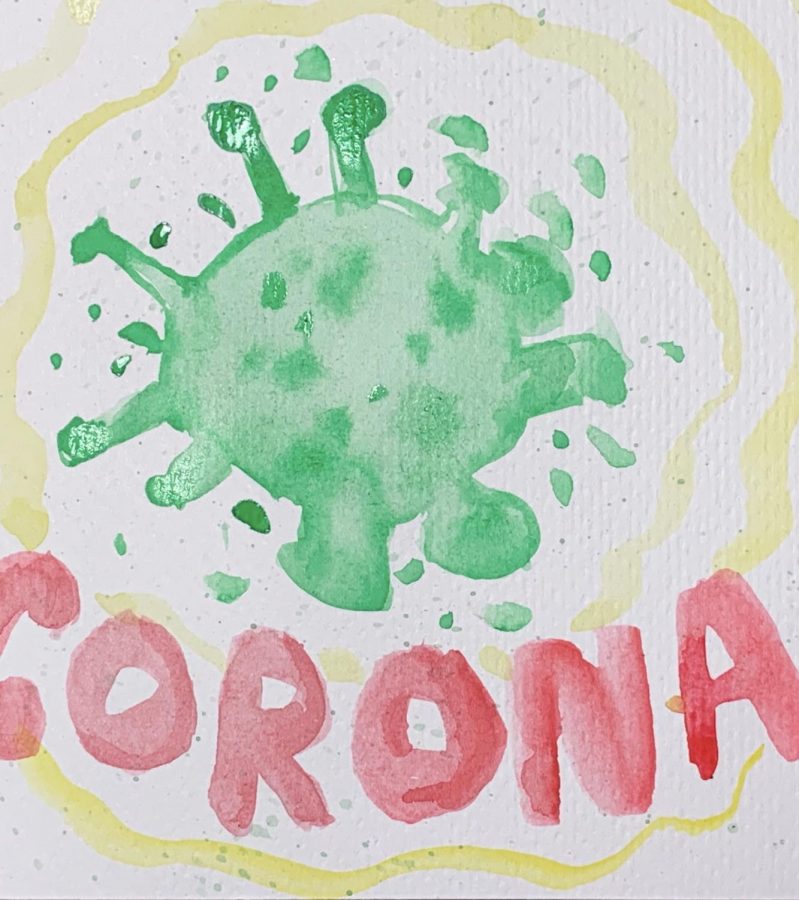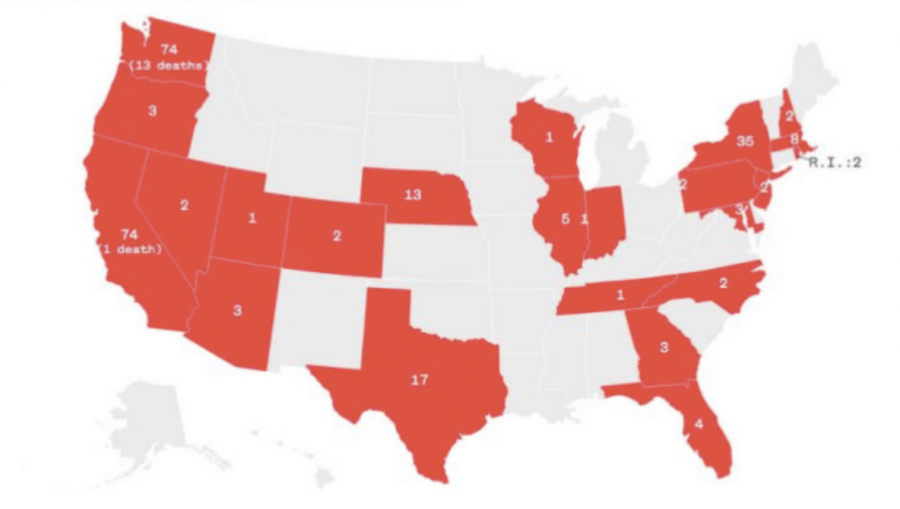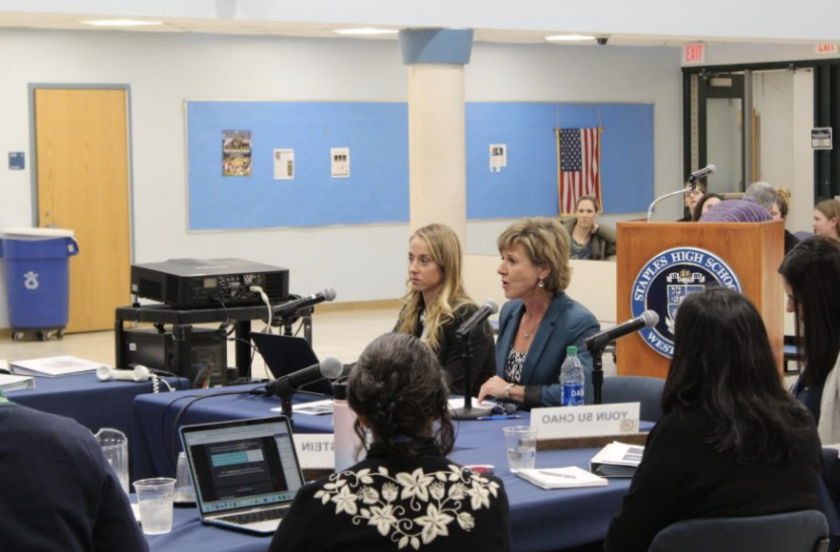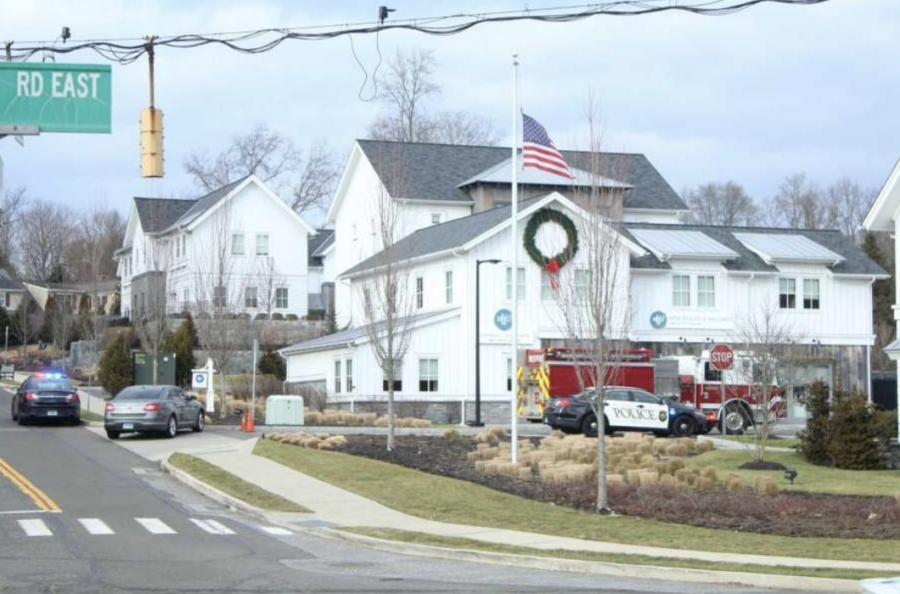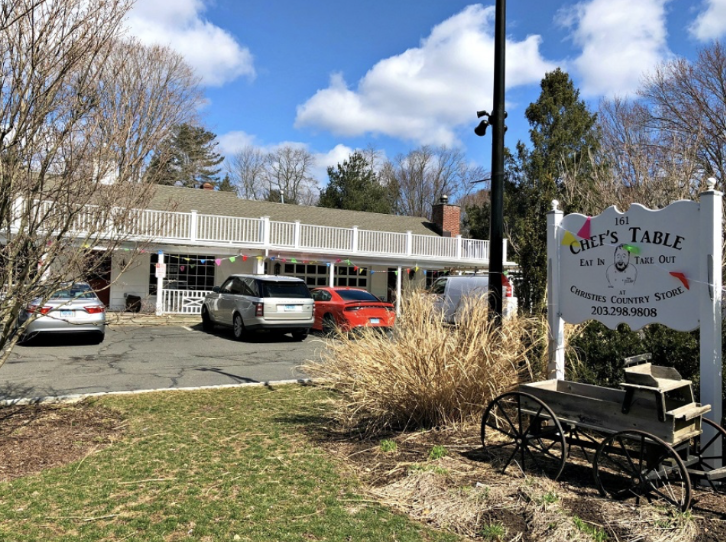Human Papilloma Virus, or HPV, is a sexually transmitted disease that affects 80 percent of sexually active teens in the United States. Usually in the form of genital warts or lesions, this virus, left untreated, can also cause two types of cancer.
It has always been highly encouraged for girls to receive this vaccine. However, in 2009, the FDA approved the Gardasil vaccine safe for boys, which not only protects against the four common types of the virus, but also decreases genital warts and penile and anal lesions.
Only now is it becoming popular amongst male patients.
“The nurse actually tricked me into getting it. When I said I did not want to get it, she said ‘Would you get it if it was in a nasal spray?’ and I said ‘Yes’,” said Tyler Jent ’13, a patient who received the shot from his pediatrician. “I thought she would come in with the nasal spray but she came in with this giant needle and gave me the shot before I could even refuse it.”
The Gardasil vaccine is currently FDA-approved for males and females from age nine to 26. After that time, HPV does not appear to cause as great of an immune response; thus, the FDA does not feel that it is appropriate to fund vaccinations over this age.
Trumbull gynecologist Leslie Goldstone-Orly recommends that both boys and girls receive the vaccine at the age of 12 or 13.
“This is when our immune system is very strong still and the body can make the most antibodies to the virus, yet close enough to the average age that teens become sexually active,” Goldstone-Orly said.
The strongest results are usually found in patients who receive the vaccine before becoming sexually active. However, it is still recommended for people who have a previous history of HPV infections since it is unlikely that they will have been affected with all four viruses that the vaccine protects against.
Recently, more boys have been cooperating with their pediatrician’s suggestions.
“I got it just as a safety precaution, since it isn’t harmful and it can protect me from a serious disease,” said Liam Orly ’13, son of Dr. Goldstone-Orly. “I think that people shouldn’t be forced to get it but definitely encouraged because, just like any sexually transmitted disease, you never know who has HPV.”
However, there are always those who oppose the vaccine for various reasons, such as safety concerns. Typically, the effects are minor: nausea, dizziness, or swelling at the site of the injection. Very rarely are serious adverse effects reported, which have included Guillain-Barré Syndrome, blood clots, and death.
“The only individuals who shouldn’t receive Gardasil are those with a rare allergy to bread yeast,” Goldstone-Orly said. “The only side effect I have seen is some tenderness near the area, otherwise there is nothing long term.”
Some doctors aren’t suggesting the vaccine as strongly as Goldstone-Orly, so families and patients feel differently.
“My doctor hasn’t said anything to me,” Andrew Felman ’14 said. “I have not gotten the shot yet because I don’t feel it’s necessary, but my brother got it his sophomore year, so I’m sure it’s the same for me.”
The boys who have gotten the shot are grateful, since Gardasil does provide about 100 percent protection against the two types of HPV that can cause genital warts, and the two types that commonly cause cancer.
“At the time, it was rather terrifying and painful for a day or two,” Jent said. “But I guess it’s better safe than sorry down the road.”














































